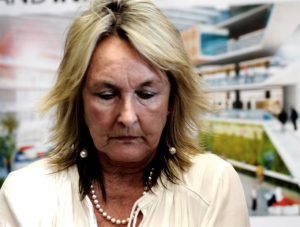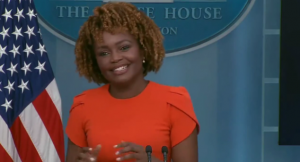In an attempt to calm the panic spread through Europe in relevance to the safety of the AstraZeneca-Oxford COVID-19 vaccine, WHO announced that the jab can be used on people who are over the age of 65 even in places where the variants of the virus are dominating. The green signal was given in addition to specific guidelines by the Strategic Advisory Group of Experts on Immunization (SAGE), a separate department of the WHO.
The declaration was made after rising concerns about the vaccine’s safety in areas where the South African variant of COVID-19 has been creating an amplified medical emergency.
Also Read: South Africa to administer Johnson & Johnson COVID-19 vaccine
The vaccine produced by AstraZeneca-Oxford has been under the scanner due to a lack of sufficient data about the jab’s effectiveness in people over the age of 65, which was acknowledged by Alejandro Cravioto, the chief of SAGE.
However, he said, “We feel that the response of this group cannot be any different from groups of a younger age” and recommended, “the vaccine to be used for 18 years and above without an upper age limit”.
Cravioto further explained that the experts were awaiting specific data on the vaccine’s efficacy in people over the age of 65, but said it “would not be appropriate” to wait with its recommendations.
“We have thousands of people dying,” he highlighted.
“Anything we can do to use a product that might reduce that is totally justified, even if the information is not as complete as we would like.”
The efficacy rate of the available vaccines have been under question since new strains of COVID-19 have been emerging around the world, especially the kind first detected in South Africa.
A study conducted in South Africa hinted that the vaccine produced by AstraZeneca is only able to provide “minimal” safety against the variant in cases of mild and moderate infections.
The SAGE chief highlighted that “there is no reason not to recommend its use even in the countries that have the circulation of the variants”.
Experts have also recommended increasing the gap between the primary and secondary doses of the jab to eight to 12 weeks in order to increase its efficiency and suggested not prioritise the inoculation of international travellers.
Also Read: Prince Charles, wife Camilla get their first dose of COVID-19 vaccine
The Covax initiative, a global pool for vaccine development started by the WHO, is greatly dependant on the vaccines produced by AstraZeneca, which are yet to be approved by the WHO for emergency use.
A member of the Vaccine Group at Oxford University, Andrew Pollard said, “The new guidance from WHO is an important milestone in extending access to the Oxford-AZ vaccine to all corners of the world.”
Even though multiple pharmaceutical firms are in the run for getting emergency approval for administration, only Pfizer has managed to cross the evaluation process, which includes heavy investigations from the WHO.






